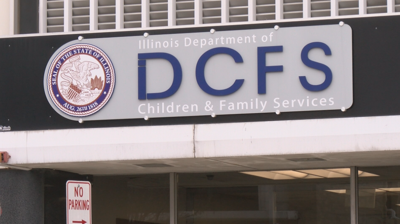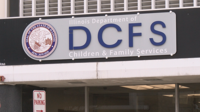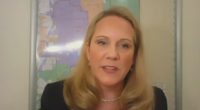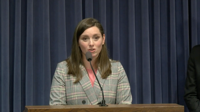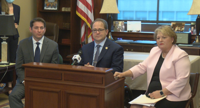SPRINGFIELD, Ill. � The Illinois Department of Children and Family Services is requesting $1.5 billion from the state’s budget for Fiscal Year 2022. Gov. JB Pritzker previously announced in February that DCFS would be one of the few departments receiving increased funding to protect the state’s most vulnerable children.
DCFS officials told a House Appropriations Committee Friday that there were more than 21,000 youth in care at the end of the last fiscal year. They expect that number to grow to over 23,000 by June. The department projected another significant increase in 2022.
Officials hope lawmakers will approve a 37% funding increase for foster homes and specialized foster care. That would allow $42.7 million to address the expected growth in cases and increased licensure for relative caregivers. Department officials say institution and group homes should also receive a 27% increase in funding to enhance support programs for youth most in need. show that could amount to $30.5 million.
Acting Director Marc Smith enthusiastically announced DCFS hired 163 new staff over the last three months to help with that workload. As of March 27, the agency had 2,792 employees. Smith explained that’s the highest staff headcount in over 10 years.
“Hiring more staff is incredibly important but is just the first step,� Smith said. “After hiring employees, we must also train them, give them the skills they’ll need to succeed, and hopefully a positive influence in keeping them employed.�
Officials also have $17.2 million earmarked for Family First services to keep families intact. DCFS expects to serve over 600 more families during the next fiscal year. The department also hopes to receive over $15.7 million to continue implementing the Comprehensive Child Welfare Information System. CCWIS allows the state to take advantage of new technology to improve data and implement solutions to enhance efficiency.
Updating the hotline system
While every state agency faced significant challenges during this pandemic, Smith explained that DCFS significantly enhanced the abuse hotline efficiency.
The Capitol Bureau about the lack of calls from mandated reporters early into the pandemic. However, calls increased once many students returned to in-person learning in the fall. At the same time, many worried about the possibility of DCFS youth contracting COVID-19.
“Less than 1% of youth in congregate care settings contracted COVID-19 virus,� Smith said. “There were no casualties as any result of positive virus with youth.�

